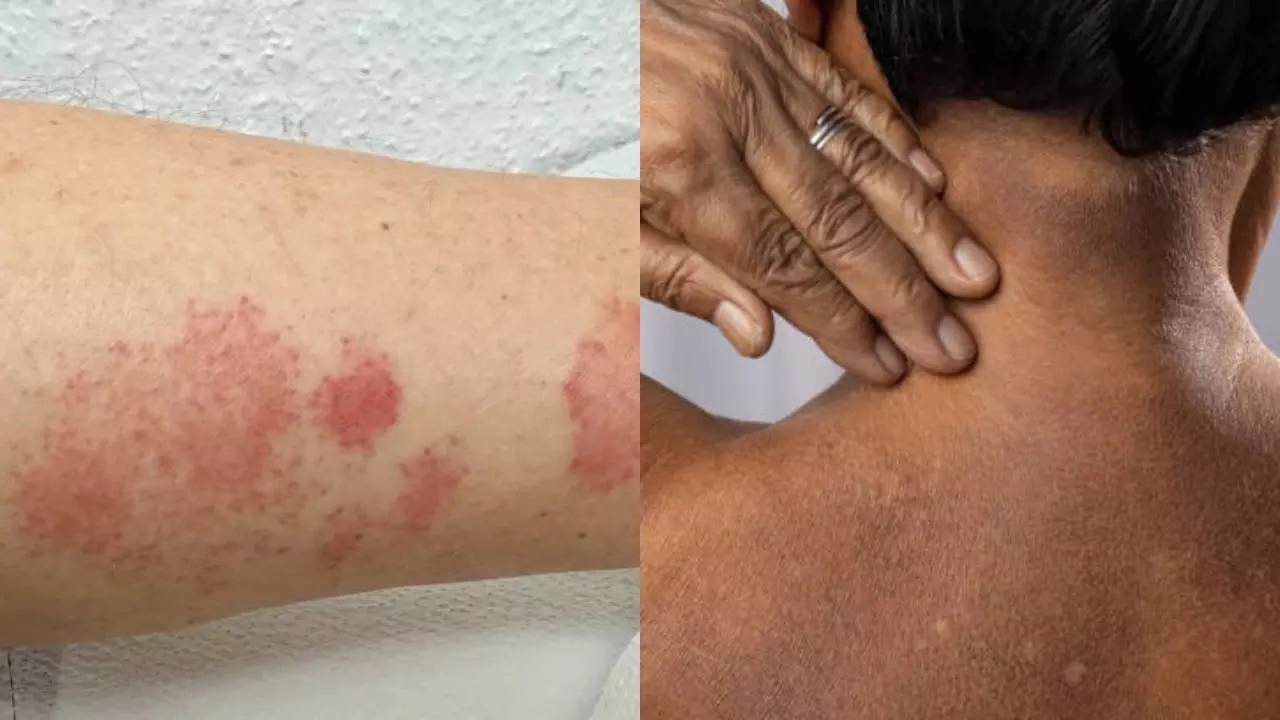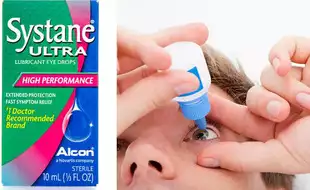Doctors Report First US Cases of Sexually Transmitted Ringworm Rash
Nov 01, 2024
News

Caused by Trichophyton mentagrophytes, the rash, despite being known as ringworm is not a kind of worm but a fungus, commonly known as jock itch, which mostly affects the groin area
Doctors in New York reported the first known US cases of sexually transmitted ringworm – which causes a ring-shaped rash that is itchy, scaly, slightly raised, and takes a lot of time to bring under control. Caused by Trichophyton mentagrophytes, the rash – despite being known as ringworm, is not a kind of worm but a fungus, commonly known as jock itch, which mostly affects the groin area.
According to the doctors, till now the transmission of the fungal infection through skin-to-skin sexual contact has been rare – even though cases have been reported in Southeast Asia and France since 2021.
These have been a subtype of T. mentagrophytes called TMVII.
Cases reported among men who have sex with men
The report said the first US cases of sexually transmitted TMVII were reported in June this year, along with four additional TMVII infections diagnosed in April-July 2024 in New York City among men who have sex with men.
The report, published in Morbidity and Mortality Weekly Report - a journal of the US Centres for Disease Control and Prevention, said the rash appeared on the patients' face, buttocks, or genitals and was successfully treated with antifungal medications. The team, led by Dr. Avrom Caplan, a dermatologist of NYU Langone Health in New York City said all five cases of sexually transmitted ringworm so far documented States involved gay or bisexual men in their 30s who had multiple sex partners.
How did TMVII make its way to the United States?
Despite being unclear about how TMVII made its way around, experts believe the man whose case of fungal infection was reported in June said he had recently traveled to several countries in Europe.
All five patients had reported recent sexual contact with other men. In all five cases, common antifungal medications cleared up the patients' rashes. The bottom line for clinicians, as well as sexually active people: Be aware "that TMVII can spread through sexual contact and cause lesions on the genitals, buttocks, face, trunk or extremities," Caplan's team said.
Experts say the infection can only be confirmed through laboratory testing as it can be easily mistaken for eczema, psoriasis, or other dermatologic conditions. The infection can be treated and cured but takes time. According to the researchers, "patients might require oral antifungal therapy for up to 3 months and should take the treatment until lesions have fully resolved."
That's important because as long as the rash is present, infected people must avoid skin-to-skin contact with others to avoid passing the infection on. They should also avoid sharing personal items, Caplan said. Finally, they added, patients should resist the urge to use steroid anti-fungal creams to treat the rash, since these can "worsen tinea [ringworm] infection."
Get Latest News Live on Times Now along with Breaking News and Top Headlines from Health and around the world.



